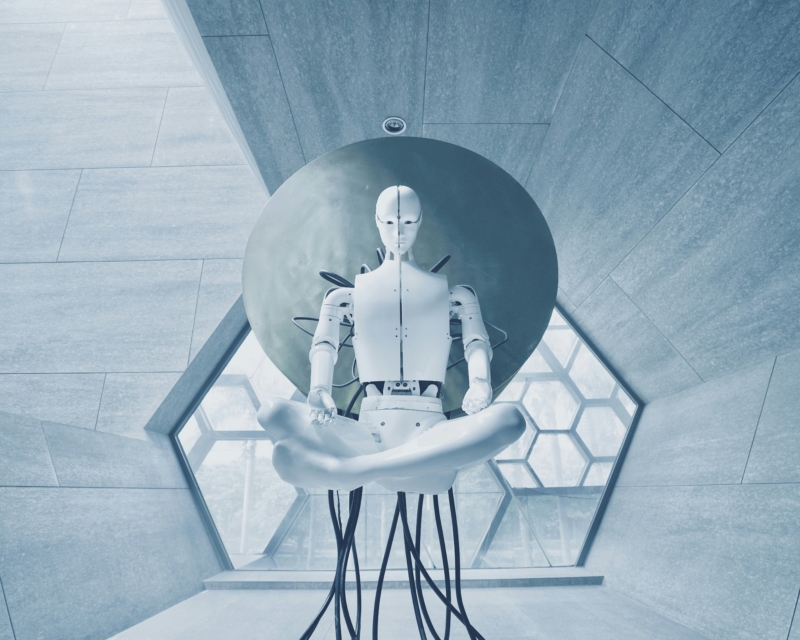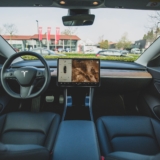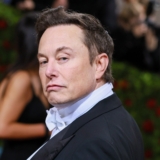Musk’s Vision of a Robotic Future – Are We Ready?
In a surprising revelation that could either spark excitement or trepidation, tech mogul Elon Musk has echoed the prediction of fellow visionary David Holz, foreseeing a future where Earth is teeming with one billion humanoid robots within two decades. Musk, the enigmatic entrepreneur behind Tesla and SpaceX, took to the digital realm, formerly known as Twitter, to endorse Holz’s projection.
The cornerstone of Musk’s endorsement lies in Tesla’s foray into the realm of robotics, exemplified by the unveiling of the Tesla Optimus, or Tesla Bot. Initially showcased at Tesla’s AI Day in August 2021, the humanoid robot is more than just a spectacle; it represents Musk’s belief in the potential impact of robotics on human life. The Tesla Bot prototype, also known as Optimus, is not merely a showpiece but an ambitious endeavor with an expected price tag of $20,000 per unit.
However, as with any groundbreaking innovation, skepticism accompanies anticipation. Musk, in showcasing the prototype at an event in October 2022, acknowledged the robot’s limitations. He humorously refrained from assigning complex tasks to the Optimus, quipping that he “didn’t want it to fall on its face.” This acknowledgment is a reminder that, while the journey toward a robotic future has begun, there is still a considerable distance to cover.
At the 2023 World Artificial Intelligence Conference in Shanghai, the Tesla Optimus drew attention, marking a significant step forward in Musk’s vision. The entrepreneur expressed his aspirations to produce millions of Optimus robots, envisioning a future where the humanoid machines become a ubiquitous presence. Despite its current limitations, Musk remains resolute in his belief that the Optimus will evolve into an “extremely capable” machine within the next decade.
The question that lingers is whether society is prepared for the seismic shift that Musk envisions. The convergence of artificial intelligence and humanoid robotics raises ethical, social, and economic concerns. As Musk navigates the delicate balance between pushing technological boundaries and maintaining the stability of civilization, the world watches with a mix of fascination and apprehension.
While the Optimus may not align directly with Tesla’s primary goal of accelerating sustainable energy, Musk asserts that the mission broadens with the advent of Optimus, aiming to “make the future awesome.” As we stand on the precipice of a robotic revolution, the challenge lies not just in the technological advancements themselves but in our ability to adapt, regulate, and embrace the changes that Musk’s vision promises.
In the coming years, the world will witness the evolution of the Optimus and, perhaps, the realization of Musk and Holz’s predictions. As we delve deeper into the era of humanoid robots, society must grapple with the profound implications and ensure that the foundations of civilization are indeed robust enough to support this futuristic vision.




